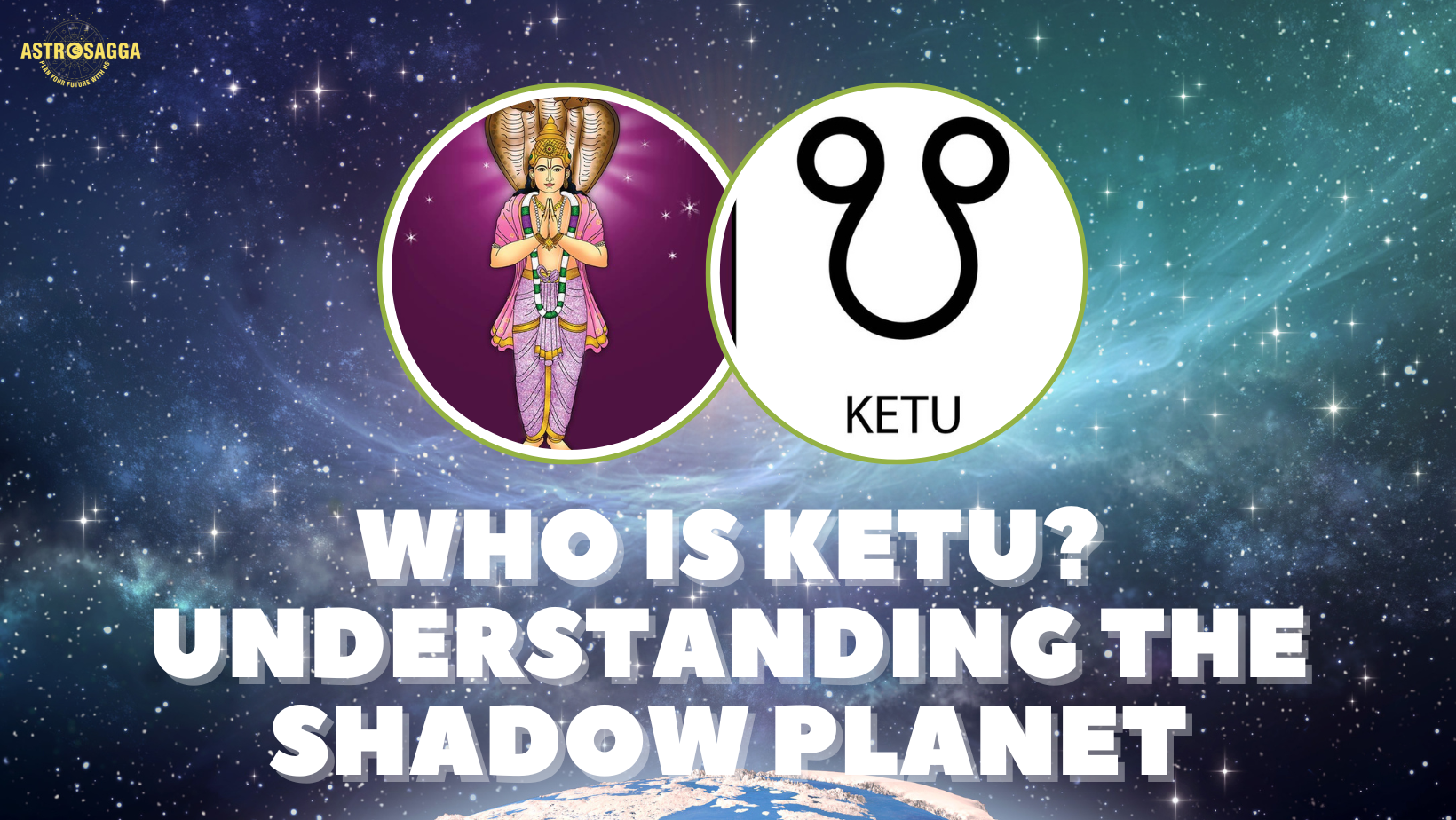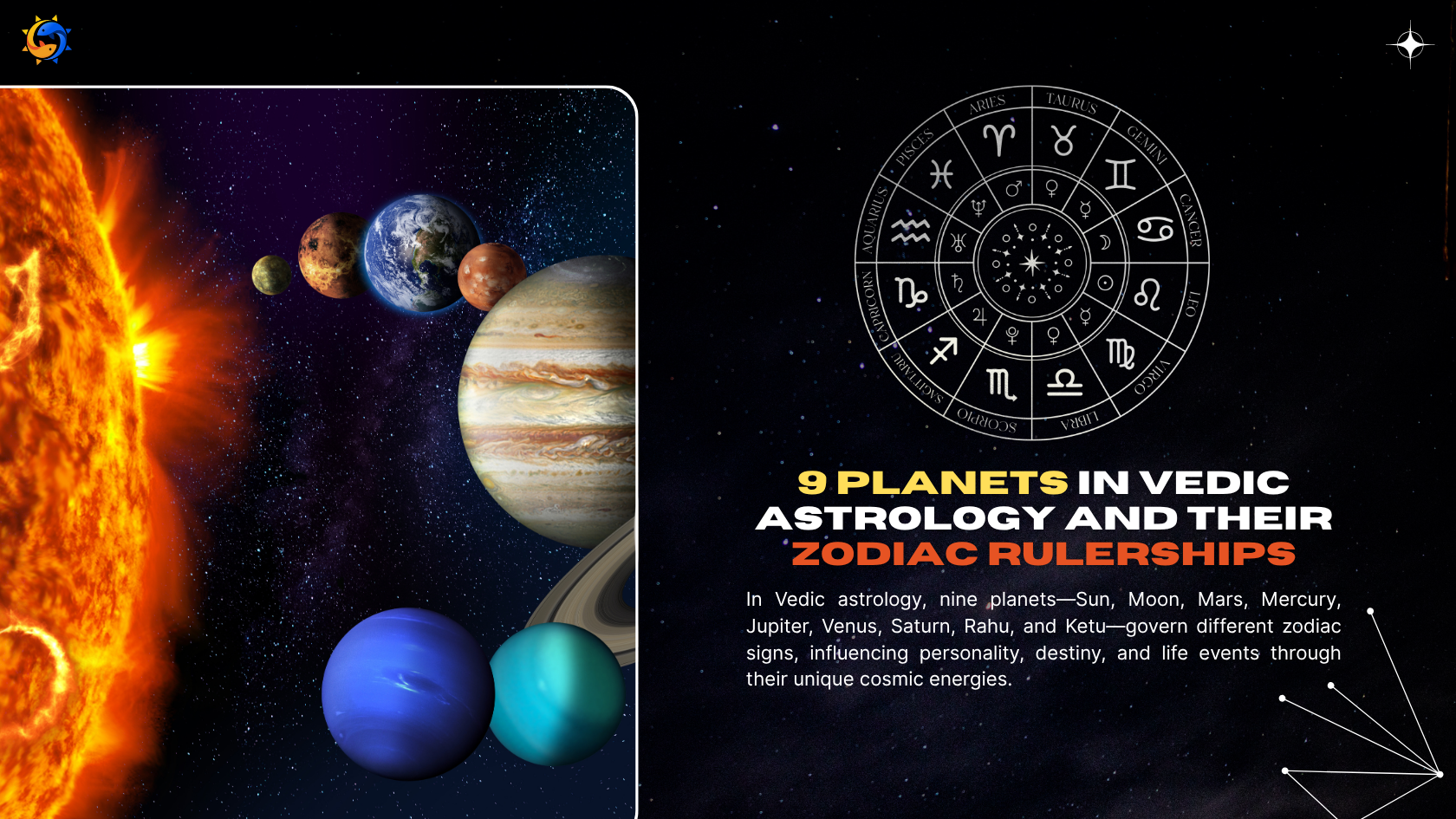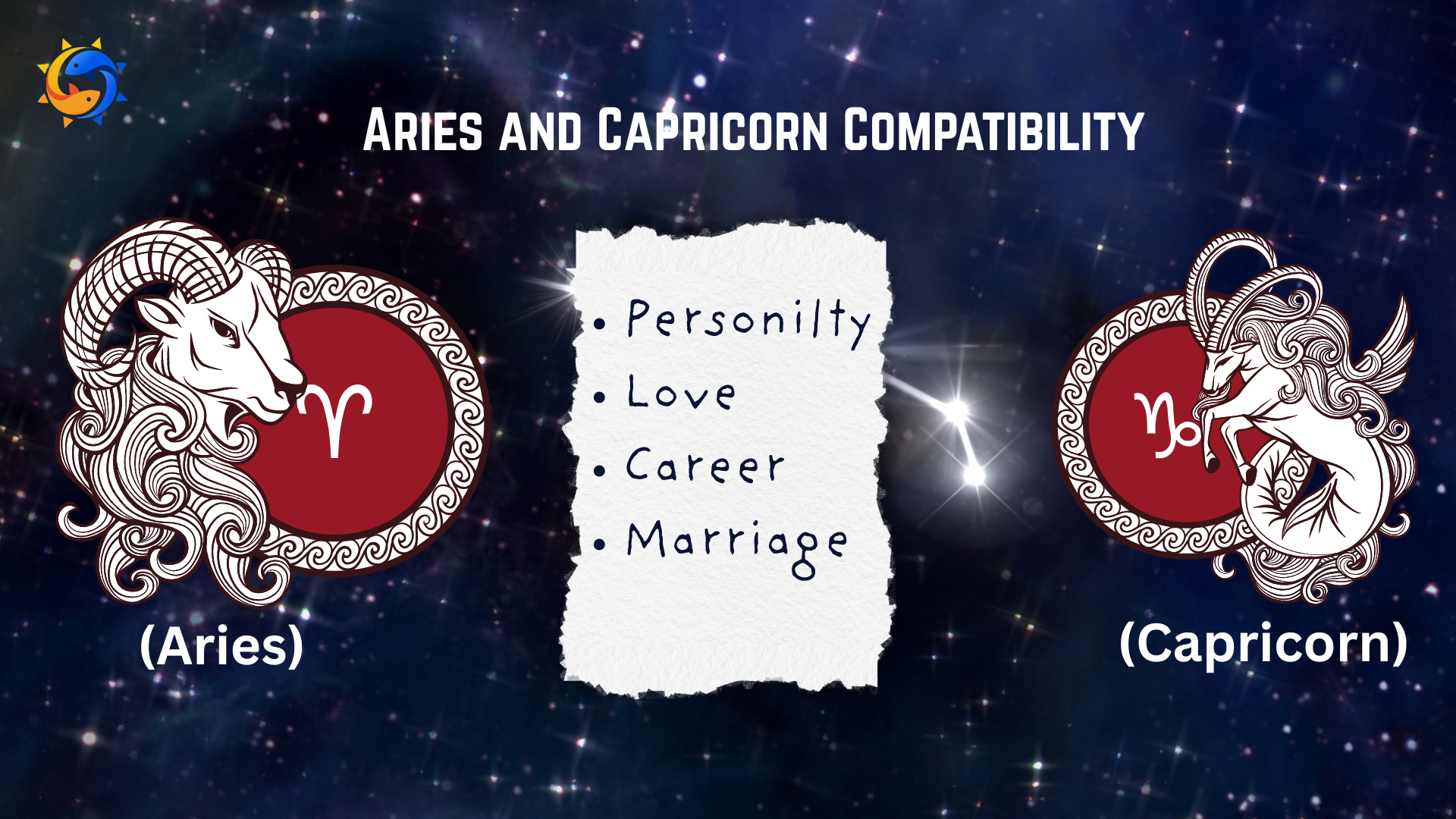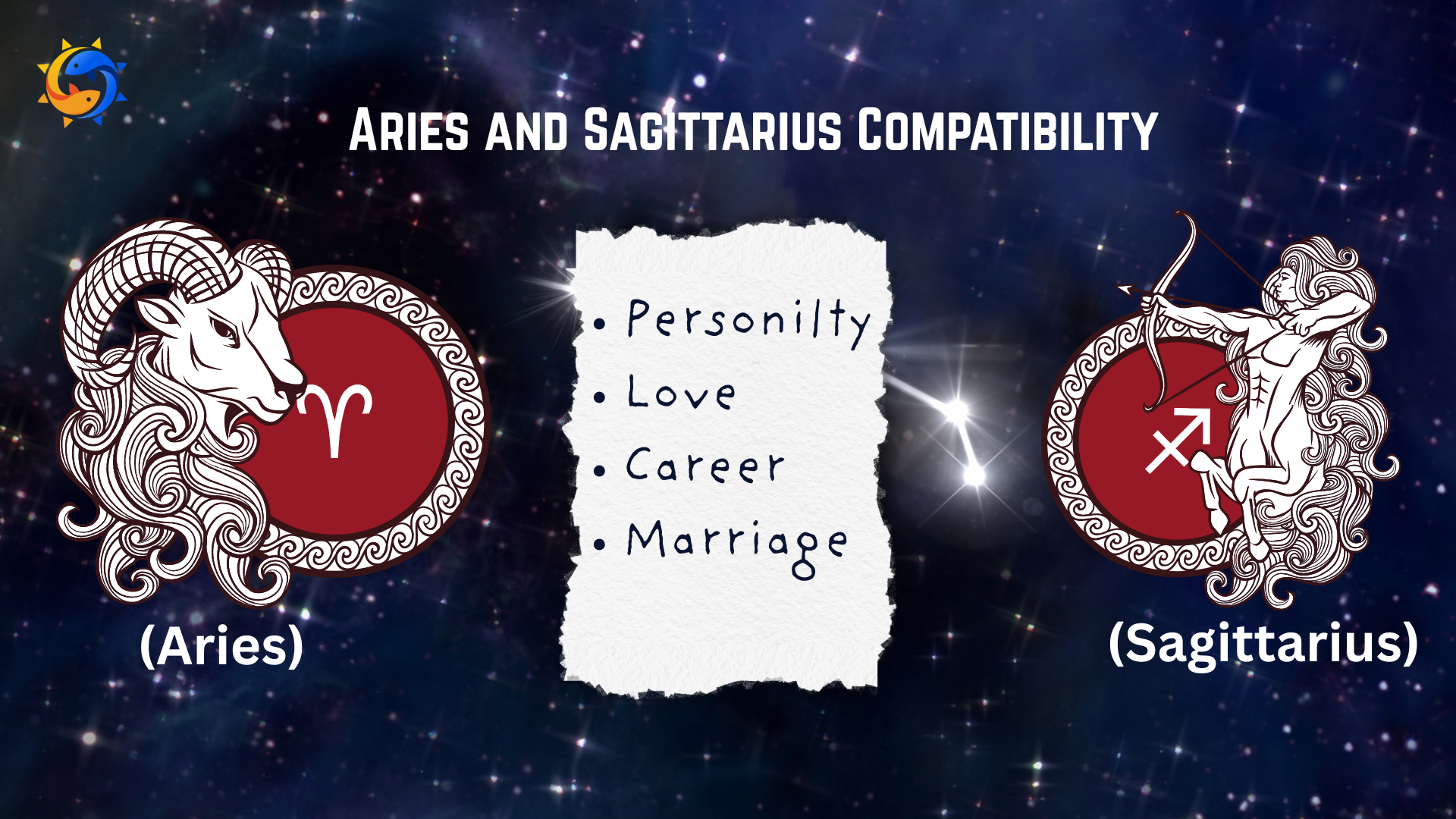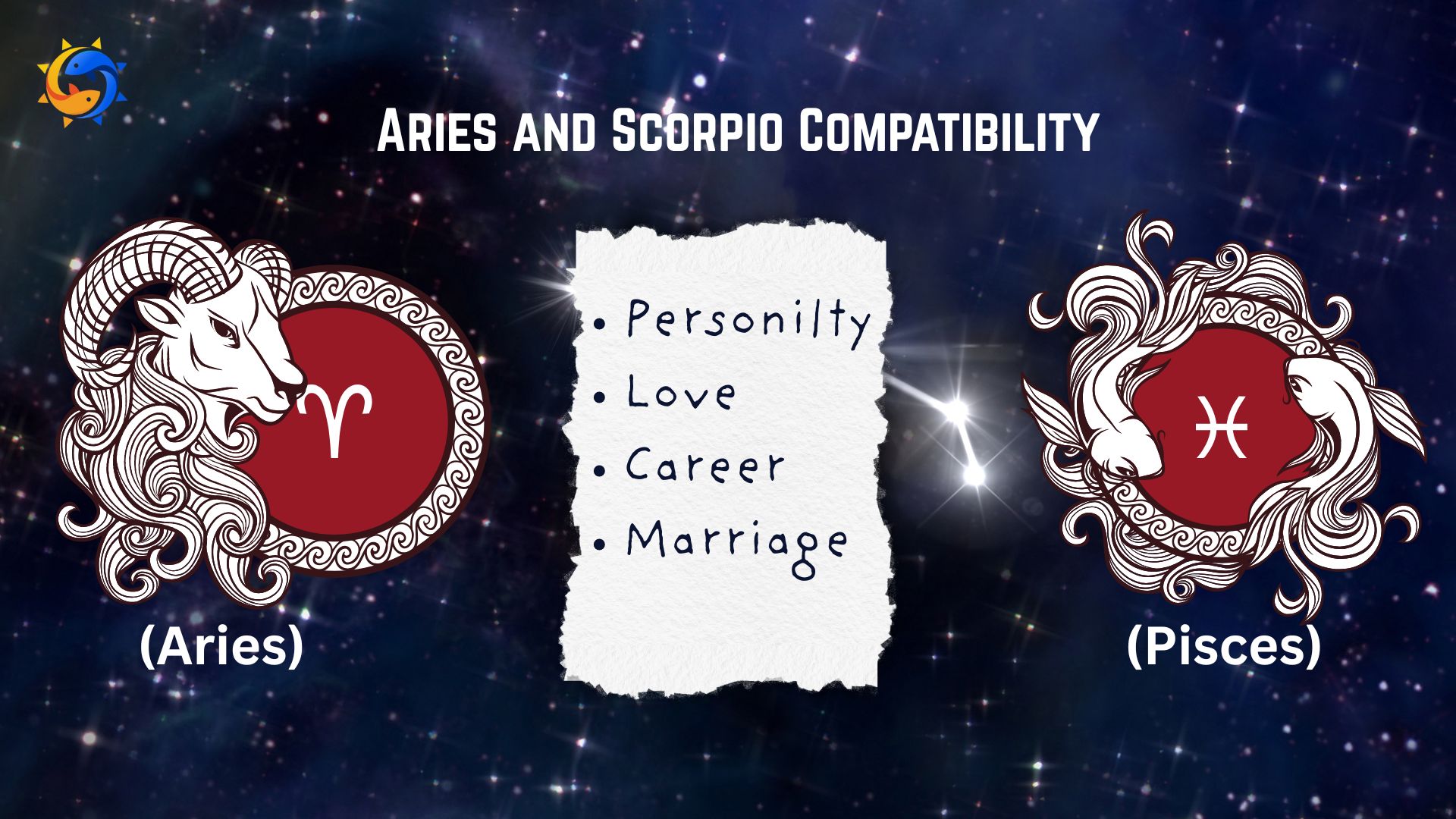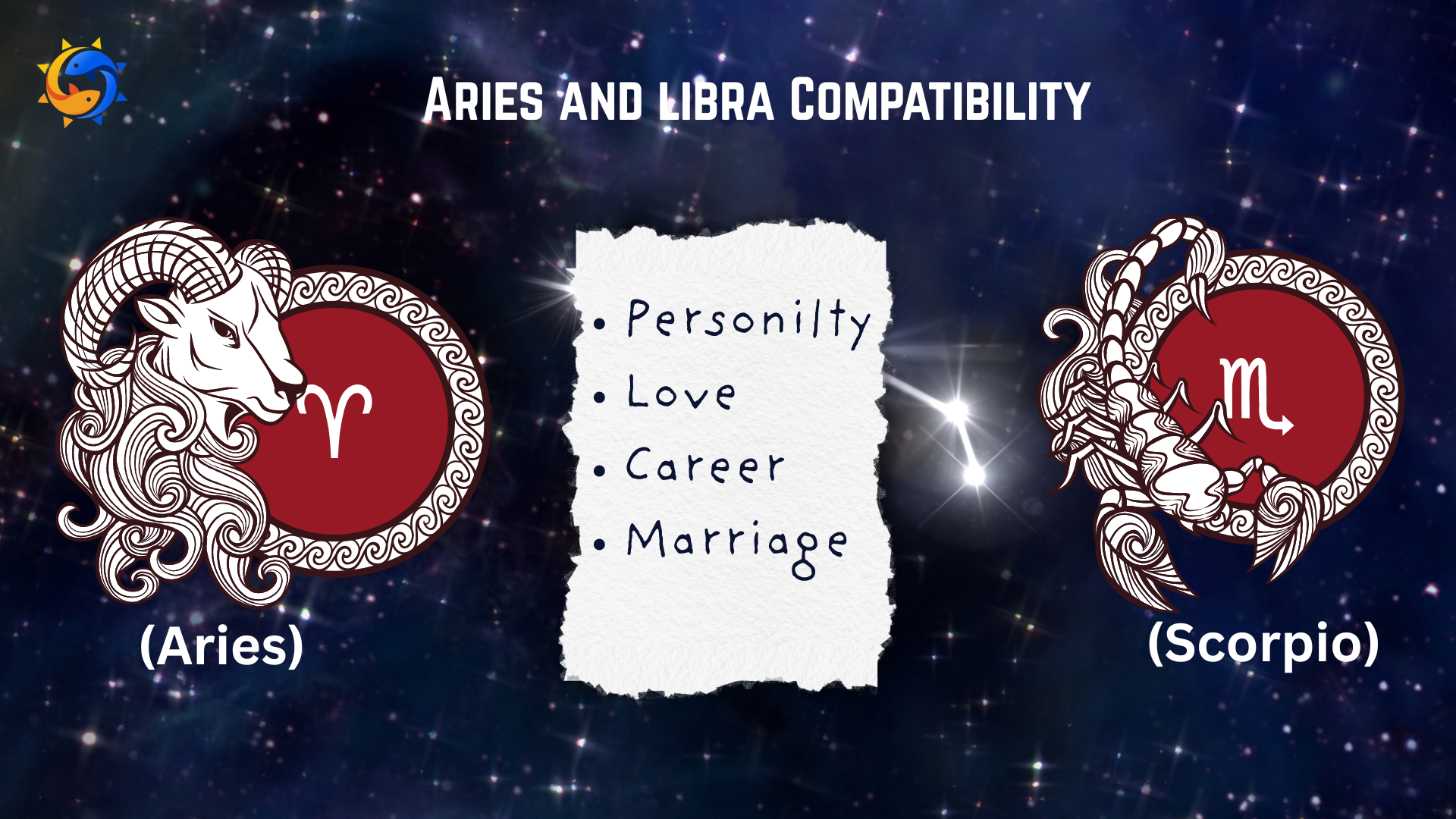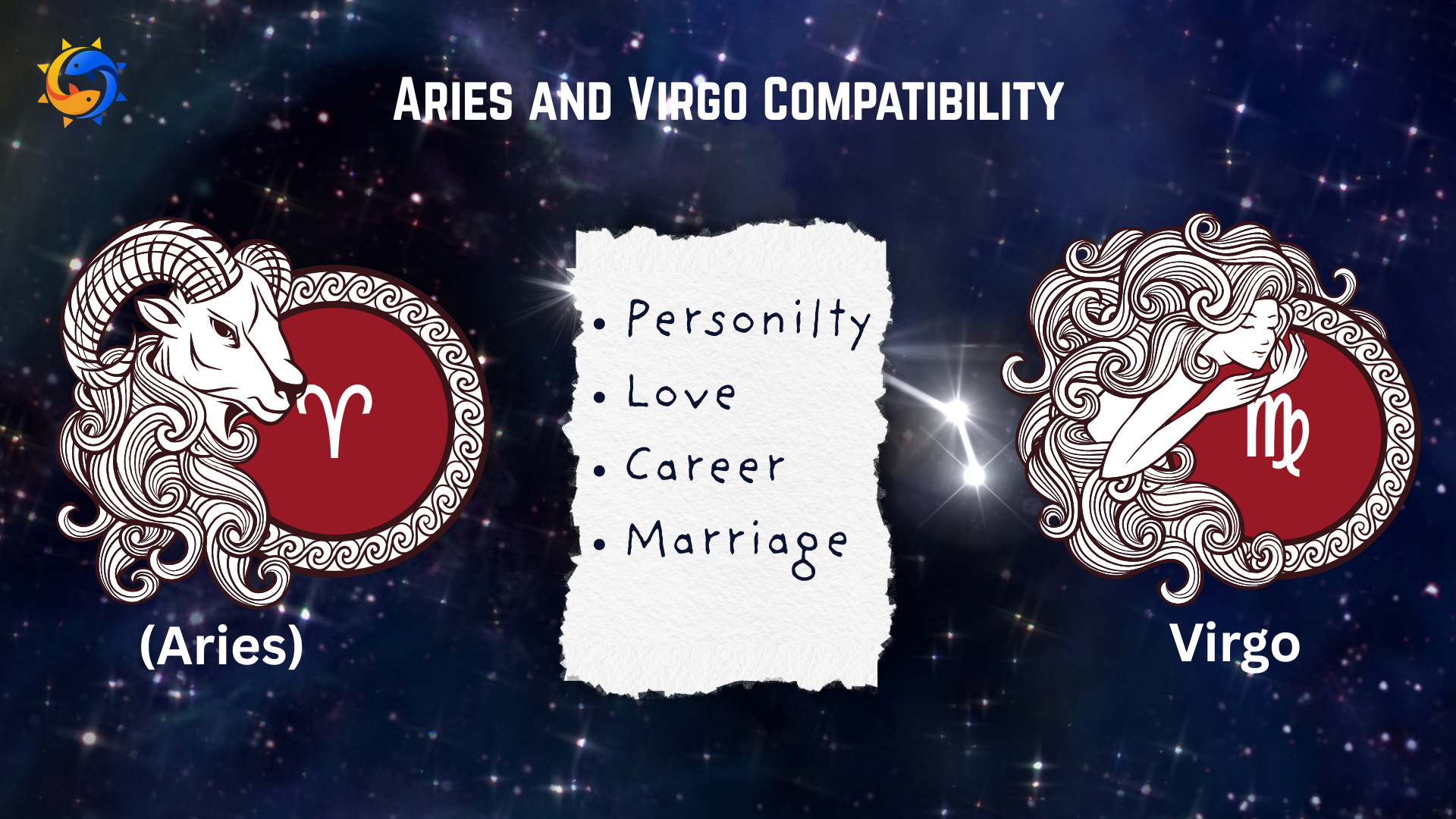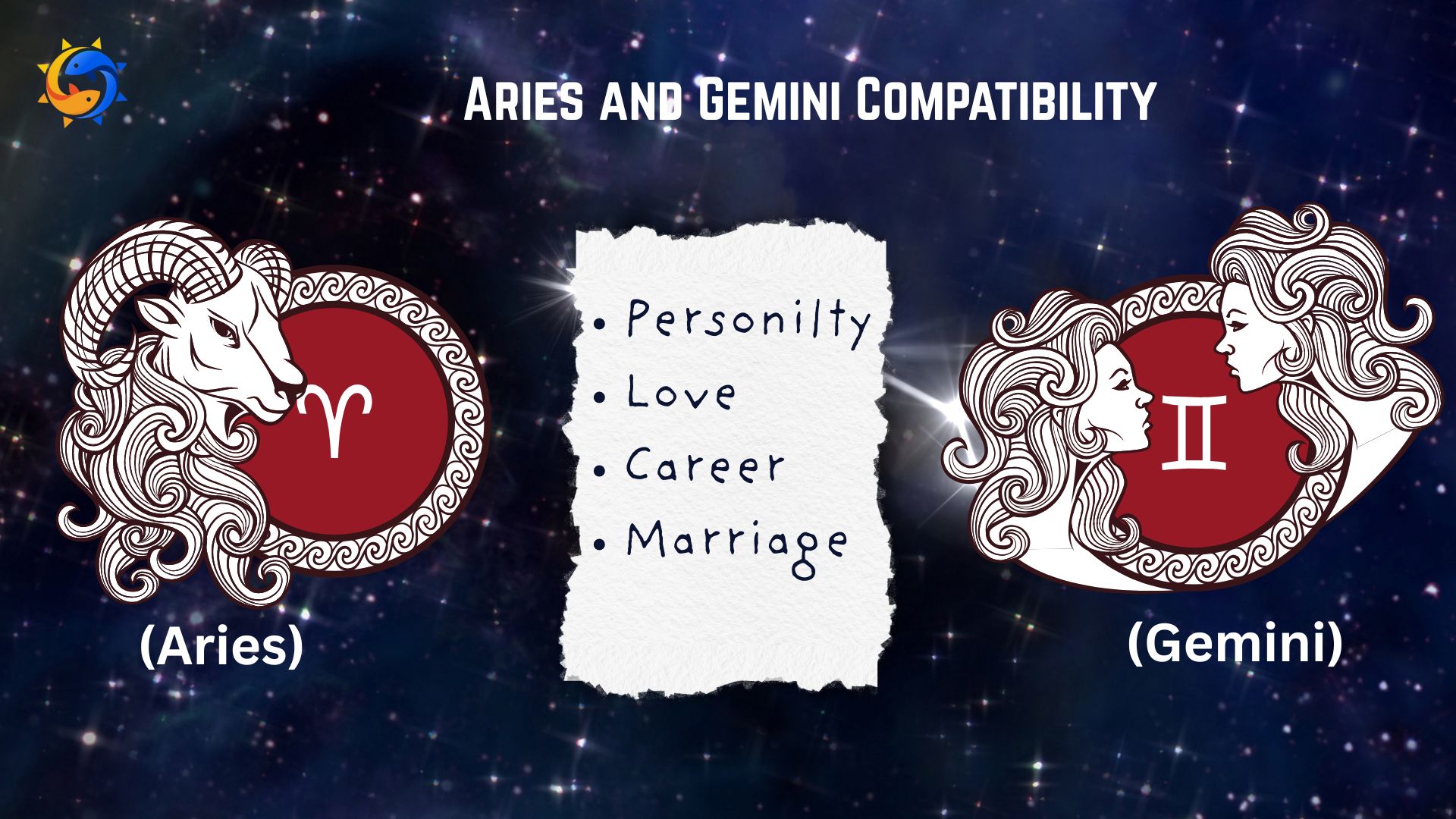In Vedic astrology, Ketu is one of the most enigmatic entities, often referred to as a shadow planet. Unlike other celestial bodies in the astrological pantheon, Ketu is not a physical planet but a point of intersection between the ecliptic and the moon's orbit. Together with Rahu, Ketu represents the nodes of the Moon—Rahu being the north node and Ketu the south node. Their unique nature brings about profound karmic influences in an individual's life, guiding the soul's journey through the spiritual and material realms.
The Ancient Background of Ketu
The origin of Ketu is steeped in ancient Hindu Scriptures. According to the legend of the Churning of the Ocean (Samudra Manthan), the gods and demons worked together to churn the ocean to obtain Amrita, the nectar of immortality. Lord Vishnu, in the guise of Mohini, distributed the nectar to the gods. However, a demon named Swarbhanu disguised himself as a god and drank the nectar. Upon realizing the deception, Vishnu severed Swarbhanu's head with his Sudarshan Chakra. The head became Rahu, while the headless body became Ketu. Thus, Ketu symbolizes the body without a head, representing the loss of worldly attachments and the pursuit of spiritual liberation.
Ketu in Vedic Astrology: Characteristics and Influence
Ketu is often associated with spiritual wisdom, detachment, and enlightenment. Its influence in a natal chart is profound and multifaceted, often leading to the dissolution of material attachments and the quest for higher consciousness. Ketu's energy is introspective, leading individuals to seek knowledge from within rather than external sources.
Spiritual Growth: Ketu is considered a Moksha Karaka, a significator of liberation and spiritual growth. It encourages the soul to transcend the physical plane and seek union with the divine. Under Ketu's influence, individuals may experience a heightened interest in spiritual practices, meditation, and self-discovery.
Detachment and Renunciation: Ketu is known for its ability to detach individuals from the material world. This can manifest as a lack of interest in worldly pleasures, relationships, or possessions. While this detachment can lead to inner peace and contentment, it may also bring challenges, such as isolation or a sense of being misunderstood by others.
Past Life Karma: Ketu is often associated with past life karma, bringing unresolved issues from previous incarnations into the present. It compels individuals to confront and resolve these karmic debts, often through challenging experiences or sudden, unexpected events.
Health and Well-being: On a physical level, Ketu's influence can be linked to issues related to the nervous system, skin, and chronic ailments. It is also associated with mysterious or hard-to-diagnose health conditions, reflecting its shadowy and elusive nature.
Read Also - Rahu: The Shadow Planet
Ketu in the Twelve Houses: A Detailed Analysis
The placement of Ketu in the natal chart's twelve houses significantly affects an individual's life path. Each house governs different aspects of life, and Ketu's presence there can lead to unique outcomes.
Ketu in the 1st House: When Ketu occupies the Ascendant or the 1st house, it often indicates a person with a strong inclination toward spirituality and self-inquiry. Such individuals may feel a sense of isolation or detachment from their physical identity, often leading them to seek deeper meaning in life.
Ketu in the 2nd House: In the 2nd house, Ketu can influence a person's speech, finances, and family life. This placement may lead to challenges in communication, fluctuating financial conditions, and a sense of detachment from family traditions or values.
Ketu in the 3rd House: Ketu's placement in the 3rd house can enhance an individual's courage, communication skills, and creativity. However, it may also lead to a sense of isolation from siblings or close relatives.
Ketu in the 4th House: The 4th house represents home, mother, and emotional security. Ketu in this position can create a sense of restlessness, leading individuals to seek comfort in solitude or spiritual pursuits rather than traditional family life.
Ketu in the 5th House: In the 5th house, Ketu can influence creativity, children, and romantic relationships. This placement often leads to unconventional approaches to these areas of life, sometimes resulting in challenges or misunderstandings.
Ketu in the 6th House: Ketu's presence in the 6th house can bring challenges related to health, enemies, and daily work routines. It may lead to mysterious health issues or conflicts that require spiritual or alternative approaches to resolve.
Ketu in the 7th House: The 7th house governs partnerships and marriage. Ketu in this house can create detachment in relationships, leading to unconventional or spiritual unions. It may also indicate challenges in finding satisfaction in traditional partnerships.
Ketu in the 8th House: In the 8th house, Ketu influences matters related to transformation, occult knowledge, and shared resources. This placement often leads to a deep interest in mystical subjects and a desire to explore the mysteries of life and death.
Ketu in the 9th House: The 9th house represents higher learning, religion, and long-distance travel. Ketu in this position can lead to a deep spiritual quest, often accompanied by a rejection of organized religion or traditional beliefs.
Ketu in the 10th House: The 10th house governs career and public life. Ketu here can lead to unconventional career paths or a desire to serve humanity in a spiritual or charitable capacity rather than seeking material success.
Ketu in the 11th House: Ketu's influence in the 11th house can impact friendships, social networks, and aspirations. Individuals with this placement may feel disconnected from social groups or find their goals shifting towards spiritual or altruistic pursuits.
Ketu in the 12th House: The 12th house is associated with spirituality, isolation, and the subconscious. Ketu in this house amplifies the desire for spiritual liberation, often leading to periods of solitude, meditation, or retreat from the material world.
Ketu's Dasha Period: Navigating the Shadowy Influence
In Vedic astrology, the Dasha system represents the planetary periods that govern an individual's life at different times. The Ketu Dasha is a time of introspection, spiritual growth, and karmic resolution. This period can bring both challenges and opportunities, depending on Ketu's placement in the natal chart.
Spiritual Awakening: The Ketu Dasha often brings a heightened awareness of spiritual matters. Individuals may experience sudden insights, mystical experiences, or a deepening of their spiritual practice.
Challenges and Obstacles: Ketu's energy can also bring challenges, such as health issues, financial instability, or disruptions in personal relationships. These challenges are often karmic in nature, compelling individuals to resolve past life issues and grow spiritually.
Detachment and Renunciation: During the Ketu Dasha, individuals may feel a strong urge to renounce material possessions or relationships. This detachment is part of Ketu's influence, encouraging the soul to focus on its higher purpose.
Conclusion: Embracing Ketu's Wisdom
Ketu, the shadow planet, plays a crucial role in guiding the soul toward spiritual enlightenment. Its influence, though often challenging, is essential for those seeking to transcend the material world and achieve Moksha, or liberation. By understanding Ketu's role in the natal chart and its Dasha period, individuals can navigate its energy with greater awareness, embracing the opportunities for growth and spiritual evolution it offers.




